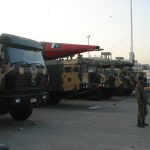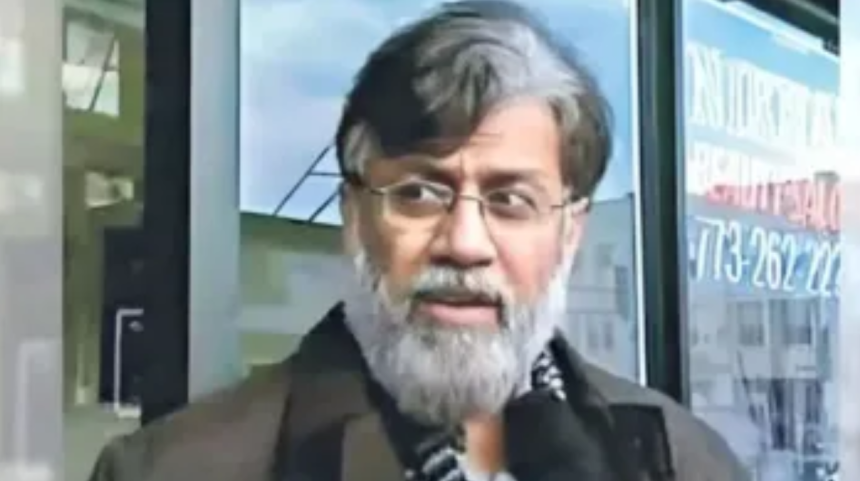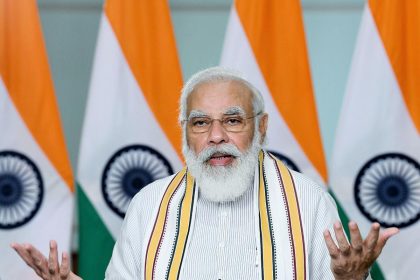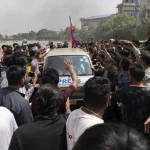Extradition and Arrest
On April 10, 2025, Tahawwur Hussain Rana, a 64-year-old Pakistani-born Canadian businessman, was extradited from the United States to India in connection with the 2008 Mumbai terror attacks that claimed 166 lives. Upon arrival in New Delhi, India’s National Investigation Agency (NIA) formally arrested Rana, marking a significant development in the prolonged legal proceedings surrounding the case.
Legal Proceedings and Custody
Following his arrest, Rana was presented before a Delhi court, which remanded him to 18 days of NIA custody. The charges against him include criminal conspiracy, waging war against the Indian government, and terrorism-related offenses. These allegations stem from his purported involvement in facilitating the attacks carried out by the Pakistani militant group Lashkar-e-Taiba.
Background and Previous Convictions
Rana, a former military doctor, immigrated to Canada in the late 1990s and later established an immigration consultancy in Chicago. He was arrested by U.S. authorities in 2009 and, in 2013, was sentenced to 14 years in prison for providing material support to terrorism, specifically for plotting an attack on a Danish newspaper. Although acquitted by a U.S. court of direct involvement in the Mumbai attacks, his extradition to India was pursued based on his alleged role in aiding and abetting the perpetrators.
International Cooperation and Diplomatic Efforts
The extradition was the result of extensive diplomatic negotiations and legal proceedings. India formally requested Rana’s extradition in 2020, and after a series of appeals, the U.S. Supreme Court rejected his petition, leading to the execution of the extradition agreement. Indian officials, including Home Minister Amit Shah, have hailed this development as a testament to the strong bilateral ties and collaborative efforts between India and the United States in combating terrorism.
Implications and Next Steps
Rana’s remand into NIA custody signifies a pivotal moment in India’s pursuit of justice for the victims of the 2008 Mumbai attacks. The NIA is expected to conduct a thorough interrogation to gather more information about the planning and execution of the attacks, as well as potential insights into the operations of terrorist networks. This development underscores the ongoing commitment to holding accountable those responsible for acts of terrorism and highlights the importance of international cooperation in addressing global security challenges.










